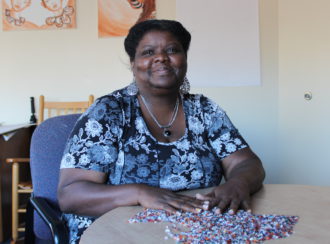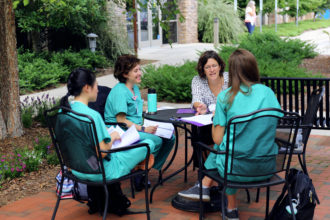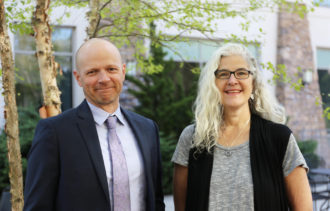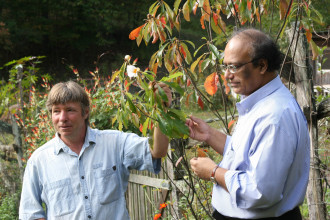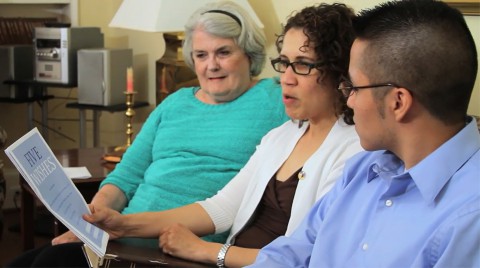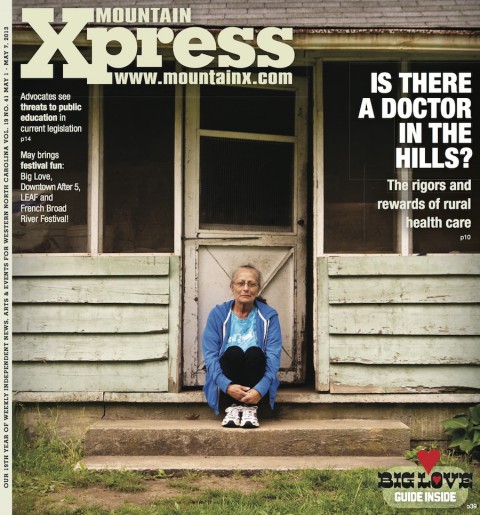From 2010 to 2018, “Our black infant mortality rate has increased from 11.7 to 15.1 deaths for every 1,000 babies born,” Hannah Legerton told Buncombe County commissioners on Dec. 3. That means that black babies in Buncombe County are four times as likely to die before their first birthday as white babies. And since infant mortality is a leading indicator of population health, health officials say, those numbers bode poorly for the wellbeing of African American county residents. Collaborative efforts are seeking to address the underlying issues driving inequities in health outcomes.
